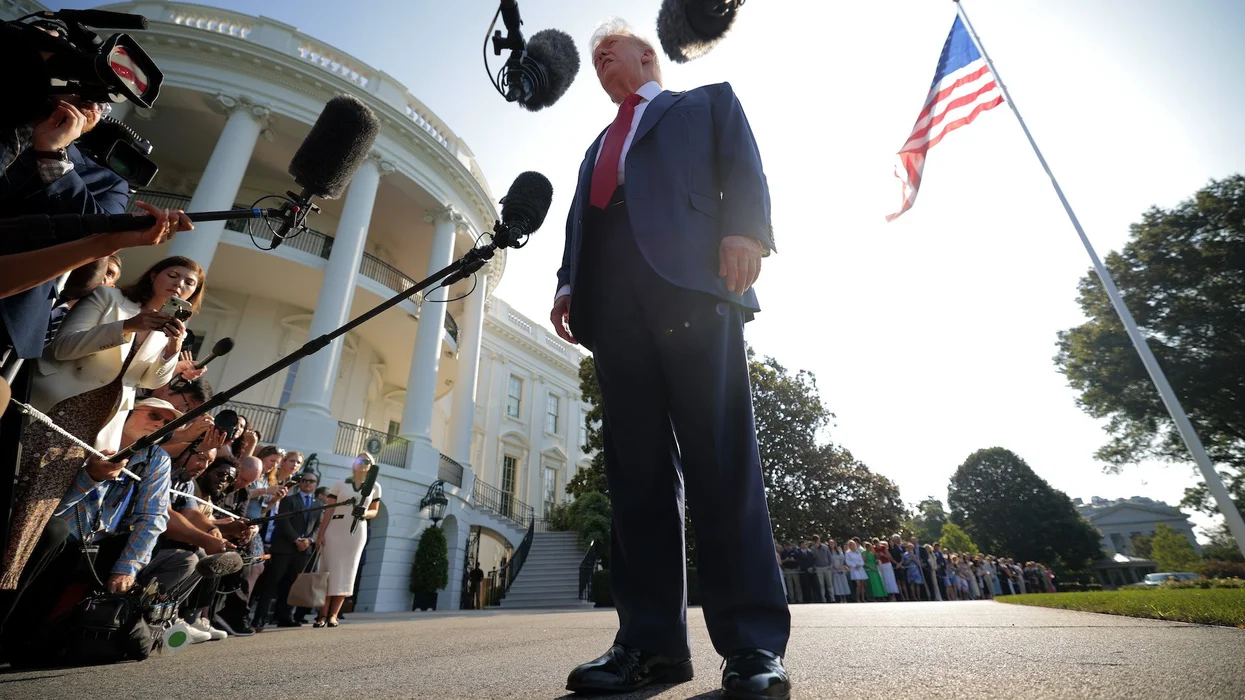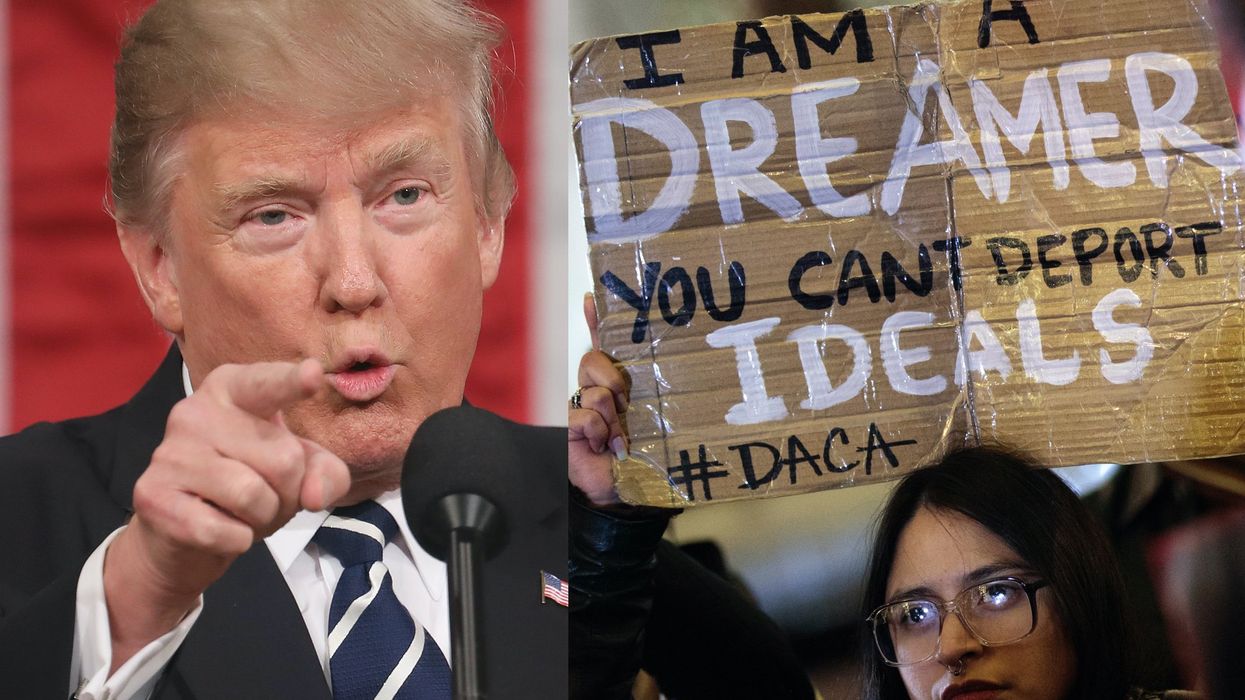
Democratic U.S. Sen. Elizabeth Warren, of Massachusetts speaks to a group of supporters at a rally in support of Kentucky democratic candidate Alison Lundergan Grimes, Sunday, June 29, 2014 at the University of Louisville in Louisville, Ky. Warren has been canvassing the country following a failed vote in the U.S. Senate that would have allowed some people to refinance their student loan debt to take advantage of lower interest rates. (AP Photo/Timothy D. Easley) AP Photo/Timothy D. Easley
 U.S. Sen. Elizabeth Warren (D-Mass) said Monday that the Supreme Court erred by paying too much attention to Hobby Lobby's 'vague moral objections' to certain contraception. (AP Photo/Timothy D. Easley)
U.S. Sen. Elizabeth Warren (D-Mass) said Monday that the Supreme Court erred by paying too much attention to Hobby Lobby's 'vague moral objections' to certain contraception. (AP Photo/Timothy D. Easley)





